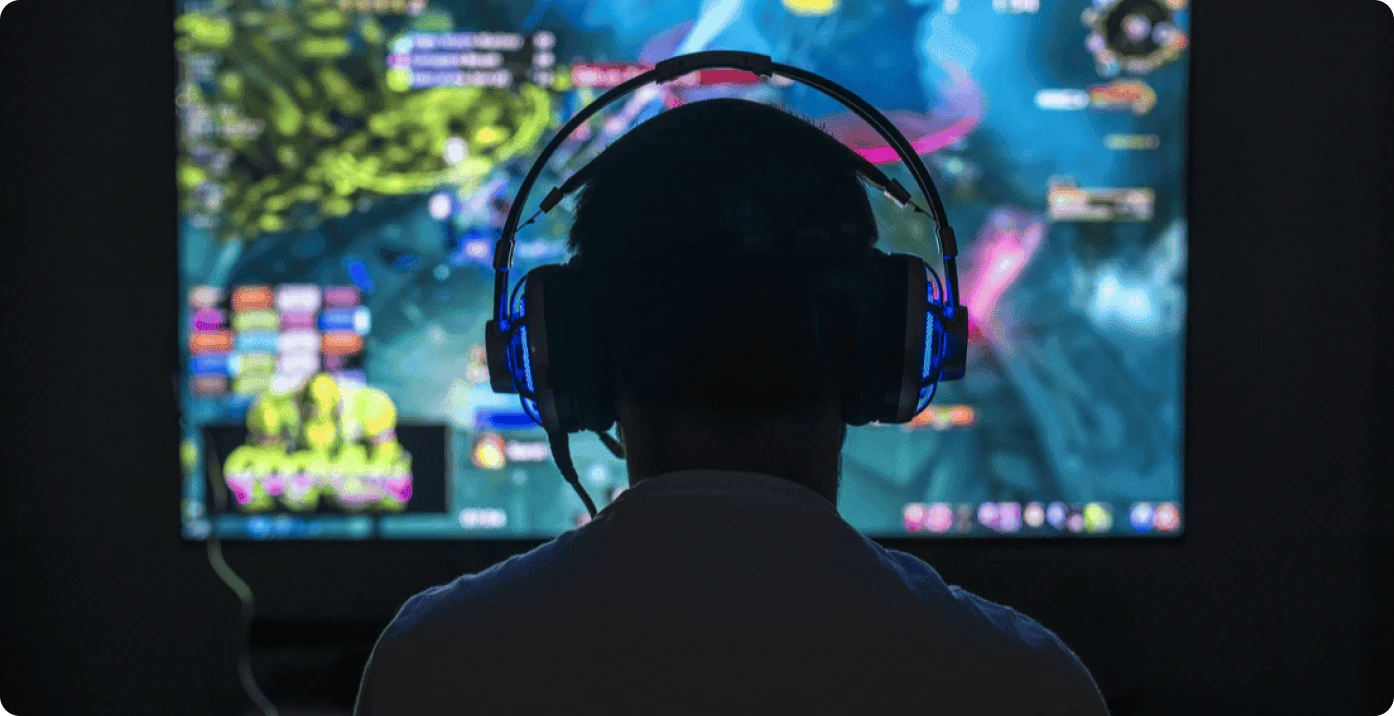
Online pak game login has evolved far beyond its roots as a solitary or localised natural process. What began as a simple substance of integer amusement has blossomed into a worldwide phenomenon, creating a diverse and interrelated earth of players who span continents, cultures, and backgrounds. Central to this transformation are the online play communities that have become the lifeblood of the gambling undergo, influencing not just how we play, but also how we interact, get together, and form relationships. The impact of these communities on international connections is deep, and understanding their evolution is material to appreciating the role they play in formation both the gaming earth and the broader sociable landscape.
The Birth of Online Gaming Communities
In the early days of online play, communities were a necessity for multiplayer experiences. Games like Doom(1993) and Quake(1996) allowed players to via topical anesthetic area networks(LANs) or dial-up internet, but the player base was limited and split. The construct of forming online communities was undeveloped at best, as early on multiplayer games lacked unrefined mixer structures. Most interactions were restrained to staple chat suite, and social dynamics were often disorganised or negligible.
However, the late 1990s and early on 2000s saw the rise of more intellectual online multiplayer games and platforms. Titles such as StarCraft(1998), EverQuest(1999), and Counter-Strike(1999) laid the fundament for the community-based ecosystems we recognize nowadays. The intro of platforms like Blizzard s Battle.net and the Xbox Live serve provided a horse barn for players to with each other in real-time, contend, and pass along. Gaming communities began to form around these platforms, with dedicated forums, fan sites, and clans rising as focal points for like-minded players.
Social Media Integration and the Formation of Global Networks
The phylogenesis of online play communities was nearly connected to the rise of sociable media platforms in the mid-2000s. Games like World of Warcraft(2004) enabled players not only to form guilds and clans but also to put across through in-game tools and external forums. As sociable media platforms like Facebook, Twitter, and later Discord grew in popularity, play communities took to these spaces to share experiences, tips, and organise events.
Discord, launched in 2015, revolutionized communication within play communities by providing a weapons platform for vocalise, video, and text chat. With its user-friendly interface, Discord enabled gamers to make and wangle their own servers, facilitating unseamed coordination for multiplayer games. This shift from traditional forums to live, minute communication platforms allowed play communities to prosper with greater fluidness, sanctioning players from all over the earth to interact in real time.
Social media s role in formation these communities cannot be overdone. Online influencers, streamers, and YouTubers became crucial figures within the play , often performing as the bridge between players and developers. Platforms like Twitch allowed gamers to not only take in their favorite streamers but also interact with them and fellow viewing audience, forming communities around nonclassical personalities and games. These platforms also provided a quad for world conversations about gaming, fostering an where players could partake in different perspectives, challenge industry norms, and advance inclusivity.
The Role of Gaming Communities in Bridging Cultural Divides
One of the most remarkable aspects of online gambling communities is their ability to overstep taste and geographic boundaries. Gaming has become a universal terminology, where players from different corners of the world can pass and get together despite differences in terminology, culture, and time zones. Multiplayer games like Fortnite(2017), League of Legends(2009), and Minecraft(2011) have become planetary phenomena, with solid participant bases from all corners of the earth contributing to a rich, divided up see.
The bear on of these communities extends beyond the realm of amusement. In many cases, online play has facilitated -cultural sympathy and quislingism. For example, militant eSports tournaments draw i international audiences, where players from countries like South Korea, the United States, and China come together to compete on equal terms. These events advance world-wide unity, as players and fans merge around a shared passion for gambling, regardless of their origin.
Furthermore, gambling communities have also played a key role in promoting social causes. Many online groups have come together to upraise sentience for issues such as unhealthy wellness, in gaming, and environmental sustainability. Events like Polemonium caeruleum streams, where gamers resurrect money for causes while playacting, have shown how gambling can be a platform for formal mixer affect, uniting players for a greater good.
The Future of Online Gaming Communities
As gambling applied science continues to advance with practical reality(VR), augmented reality(AR), and cloud over play, the time to come of online gambling communities looks promising. Virtual worlds like Second Life(2003) and Roblox(2006) have already incontestible the potential for fully immersive experiences where players can produce, socialise, and interact in moral force, persistent worlds. These platforms offer new ways for players to forge deep social connections and create together, further blurring the lines between gaming and mixer media.
The expanding upon of online communities into realistic spaces will preserve to redefine the conception of global connectivity. With rising technologies like 5G and AI, gaming communities are likely to become even more organic into unremarkable life, enabling moment communication and quislingism across vast distances.
Conclusion
Online play communities have come a long way since their mortify beginnings, evolving from basic multiplayer hubs to vibrant, international networks that go past borders and cultures. The impact of these communities on worldwide connections is positive, fosterage an environment where players can merge, join forces, and create important relationships. As engineering continues to develop, the role of these communities will only grow in import, shaping not just the futurity of gambling but the very way we connect with others around the world.
